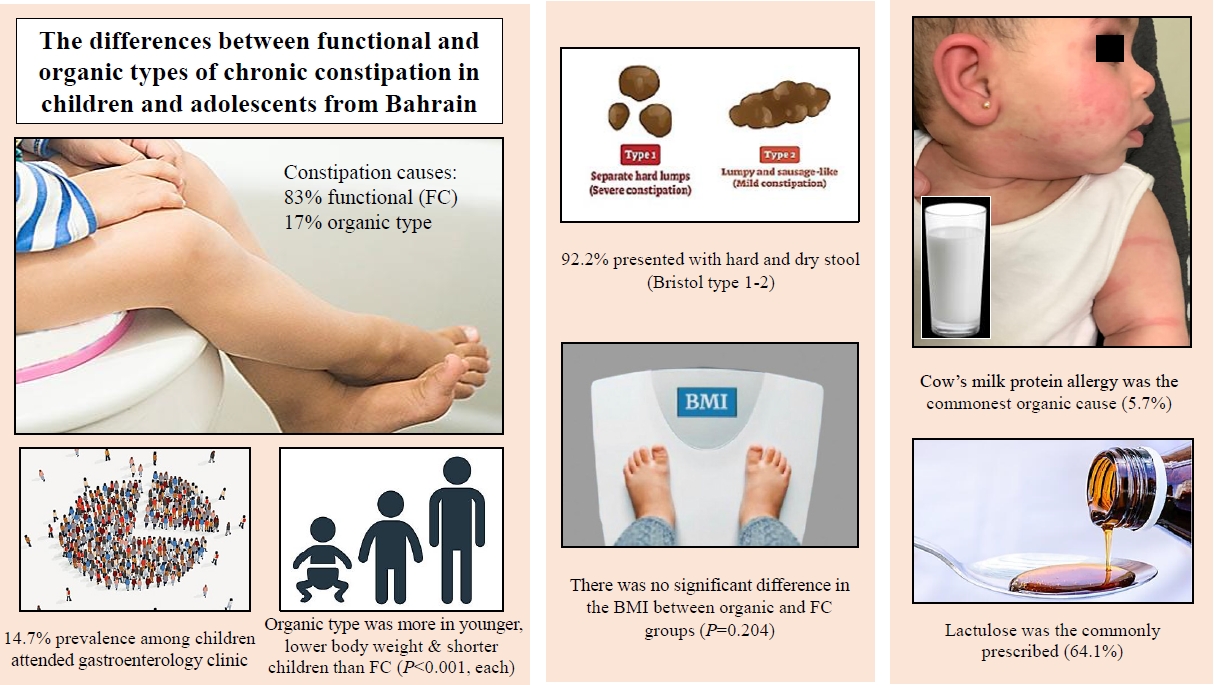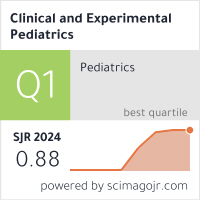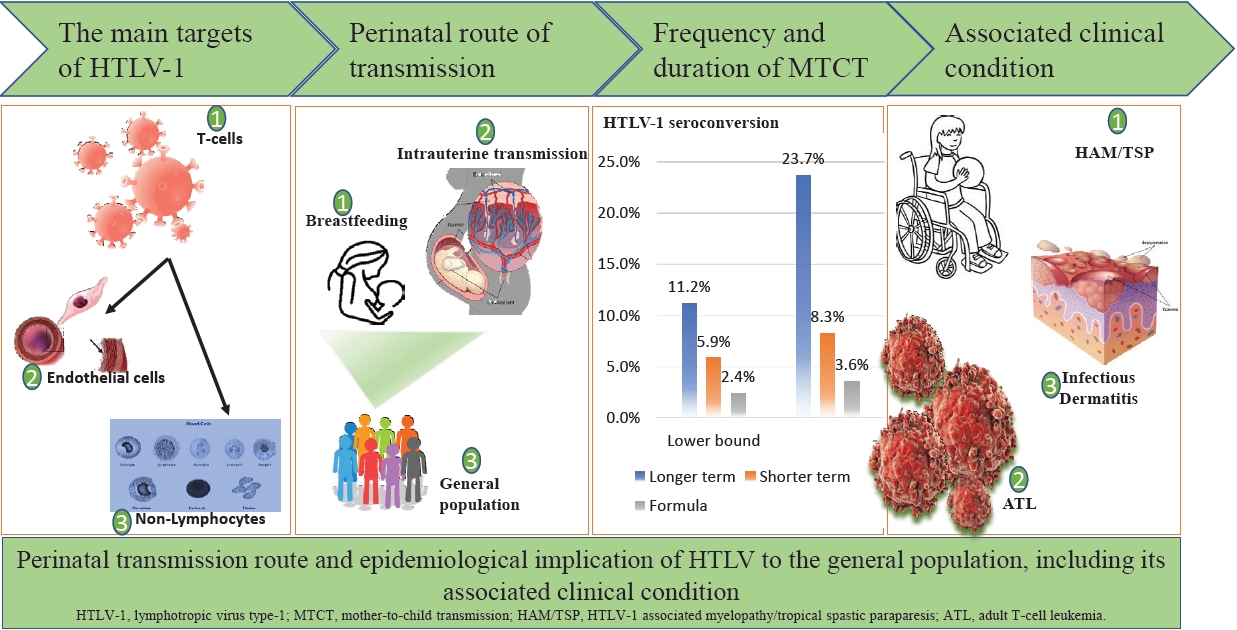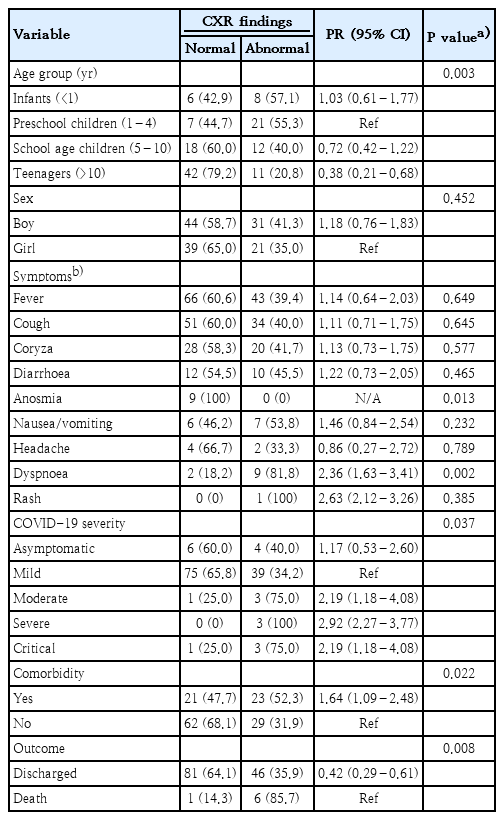
|
Question: What causes childhood constipation, and what can predict organic constipation?
Finding: Constipation represents 14.7% of gastroenterology visits. Functional constipation is more common among constipation types, while organic constipation is more common in young children and those with a low body weight, stunted growth, mucus in the stool, and associated diseases.
Meaning: Younger children and those with lower growth or mucus in the stool should be assessed for underlying organic causes of constipation. |






















